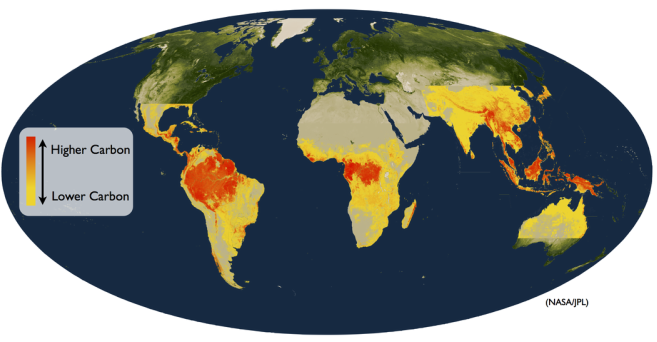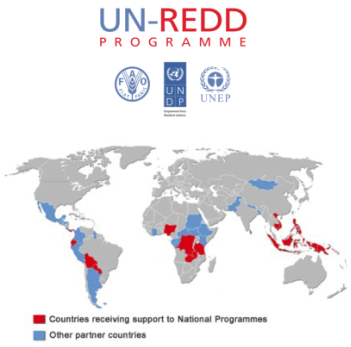Tropical Conservation and Policy
My time spent working at an environmental organization (NWF) in Washington DC and in the Woodrow Wilson School at Princeton University exposed me to the dire need for scientists to effectively communicate their findings. Governments, policymakers, and businesses are now asking ecologists for guidance as nations worldwide work to combat the causes and consequences of global anthropogenic change, especially those of climate change. Not only have ecologists become responsible for providing sound data on the effects of climate change, but are also being called on to provide reliable predictions. Ecologists, and scientists in general, increasingly need to balance their commitment to rigorous independent investigation of their study systems with the need to actively advocate for the conservation of those same systems.
However, there is no inherent trade-off between these two activities. We as scientists are trained to be independent-minded, able to assess and draw conclusions based on the merits of the evidence at hand. Given the enormous challenges of global climate change and the threat it poses to our field, my generation of ecologists must aggressively use the expertise and understanding of natural systems we posses to educate those responsible for making decisions affecting the future of our planet. Only then can we truly say our work has made a lasting difference.
However, there is no inherent trade-off between these two activities. We as scientists are trained to be independent-minded, able to assess and draw conclusions based on the merits of the evidence at hand. Given the enormous challenges of global climate change and the threat it poses to our field, my generation of ecologists must aggressively use the expertise and understanding of natural systems we posses to educate those responsible for making decisions affecting the future of our planet. Only then can we truly say our work has made a lasting difference.
|
A major focus of my research is on the ecosystem services provided by tropical forests, and the extent to which humans are degrading their capacity to deliver them. My primary focus is on the absorption and storage of carbon dioxide from the atmosphere. Tropical forests globally store more carbon than the emissions of the entire European Union each year. This is CO2 that would otherwise remain in the atmosphere as heat trapping gas, accelerating global warming.
|
|
Whether investigating the causes and consequences of increasing liana (vine) abundance in tropical forests, or working to improve the accuracy and understanding of tropical carbon dynamics, my research results have crucial linkages to forest conservation and policy. Reduced Emissions from Deforestation and Degradation (REDD+) seeks to incentivize tropical forest conservation by linking carbon emitters to parties able to reduce forest carbon losses. The efficacy of REDD+ will depend in part on the ability of tropical ecologists to comprehensively understand and accurately monitor tropical forest dynamics and growth. There is considerable uncertainty in both the amount of carbon stored by tropical forests and the yearly fluxes of carbon in and out of these forests. By shrinking these levels of uncertainty and improving predictions of future change, we can increase the economic viability, and climate-change mitigation efficacy of forest conservation and restoration projects worldwide.
|


